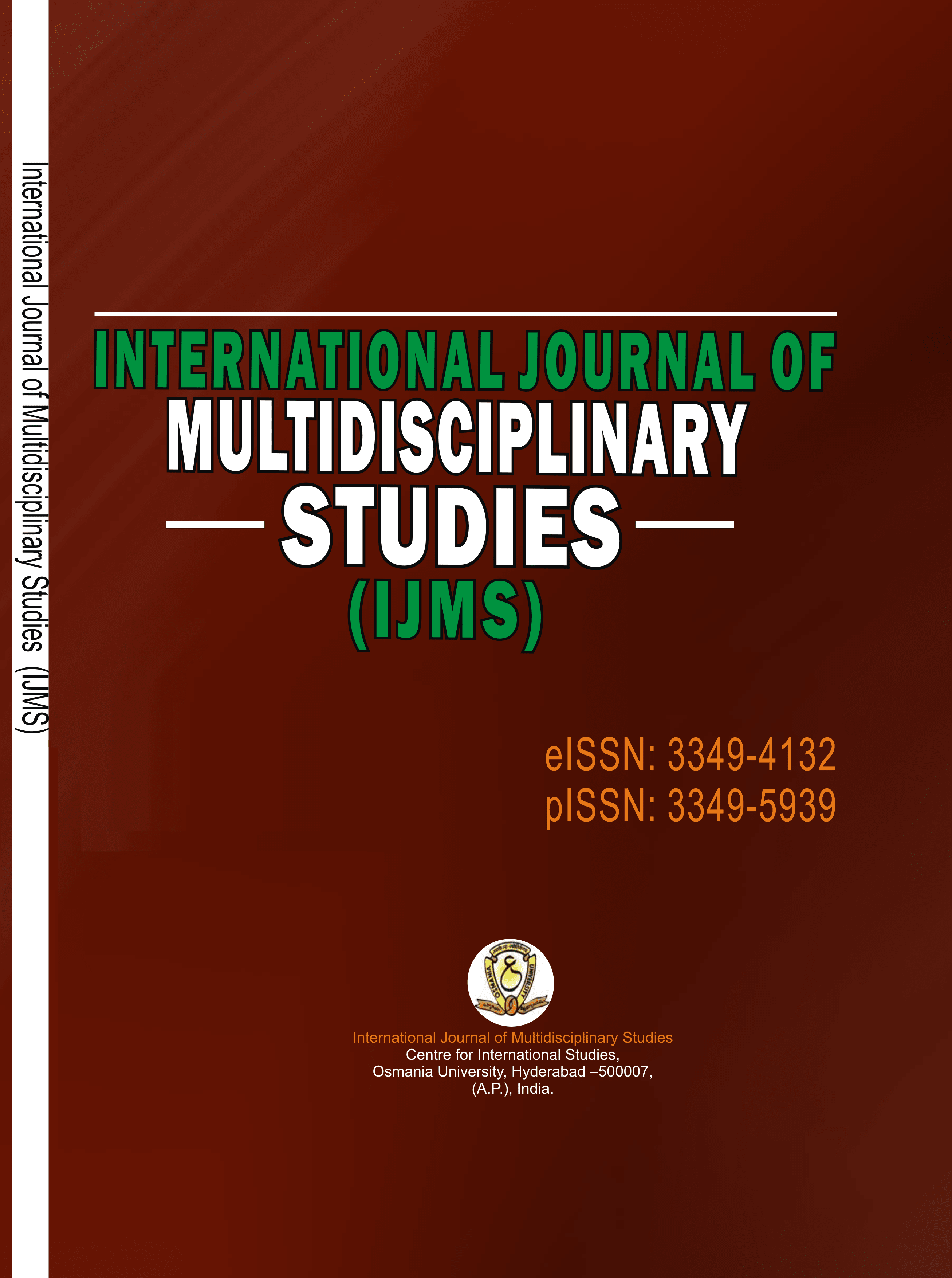INTERNATIONAL JOURNAL OF MULTIDISCIPLINARY STUDIES (IJMS)
THE ROLE OF GENDER-SENSITIVE POLICIES AND PROGRAMS IN ADDRESSING ENVIRONMENTAL CHALLENGES IN NIGERIA: A DISCOURSE OF WOMEN ENVIRONMENTAL PROGRAMME (WEP)
E-ISSN: 3349-4132
P-ISSN: 3349-5939
DOI: https://iigdpublishers.com/journals/140
The thrust of this paper is on the role of gender-sensitive policies and programs in addressing environmental challenges in Nigeria, It focused on the Women Environmental Programme (WEP), The paper utilized secondary source of data to look into the activities of WEP in implementing a variety of programs and activities to support women's participation in environmental management, including climate change adaptation and mitigation. The paper observed issues faced by women in attaining a clean environment which includes climate change, deforestation, desertification, and water pollution and this has led a lot of women to live in poverty, which makes them more vulnerable to the impacts of environmental degradation. The paper adopted the Implementation Theory in explaining the reason why programs and policies on issues of gender sensitivity are stampeded. The paper concluded that Gender-based policies have contributed to the slowdown in implementing environmental problems in Nigeria and WEP is one example of an organization that is working to promote gender equality and environmental sustainability through its programs and activities. The paper therefore recommends among others that Government should support women's participation in environmental decision making.
Joseph Unufe PhD & Okotie William PhD
Boserup, Ester (1970). Women's Role in Economic Development, London
Rico, M. (1993). "Development and gender equity: an uncompleted task", Mujer y desarrollo series, No. 13 (LC/L.767). Santiago, Chile.
Dankelman, I. and J. Davidson (1989). Women and Environment in the Third World:Alliance for the Future, London, Earthscan Publications.
Collins, J. (1991). "Women and the environment: social reproduction and sustainable development", The Women and International Development Annual, vol. 2, Rita Gallin and Anne Ferguson (eds.), Boulder, Colorado, Westview Press.
Dankelman, I. (1985). "Rapporteur summary", Women and the Environment Crisis: A Report of the Proceedings of the Workshops on Women, Environment and Development, D.K. Munyakho (ed.), Nairobi, Environment Liaison Centre.
